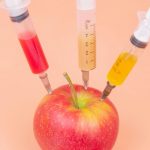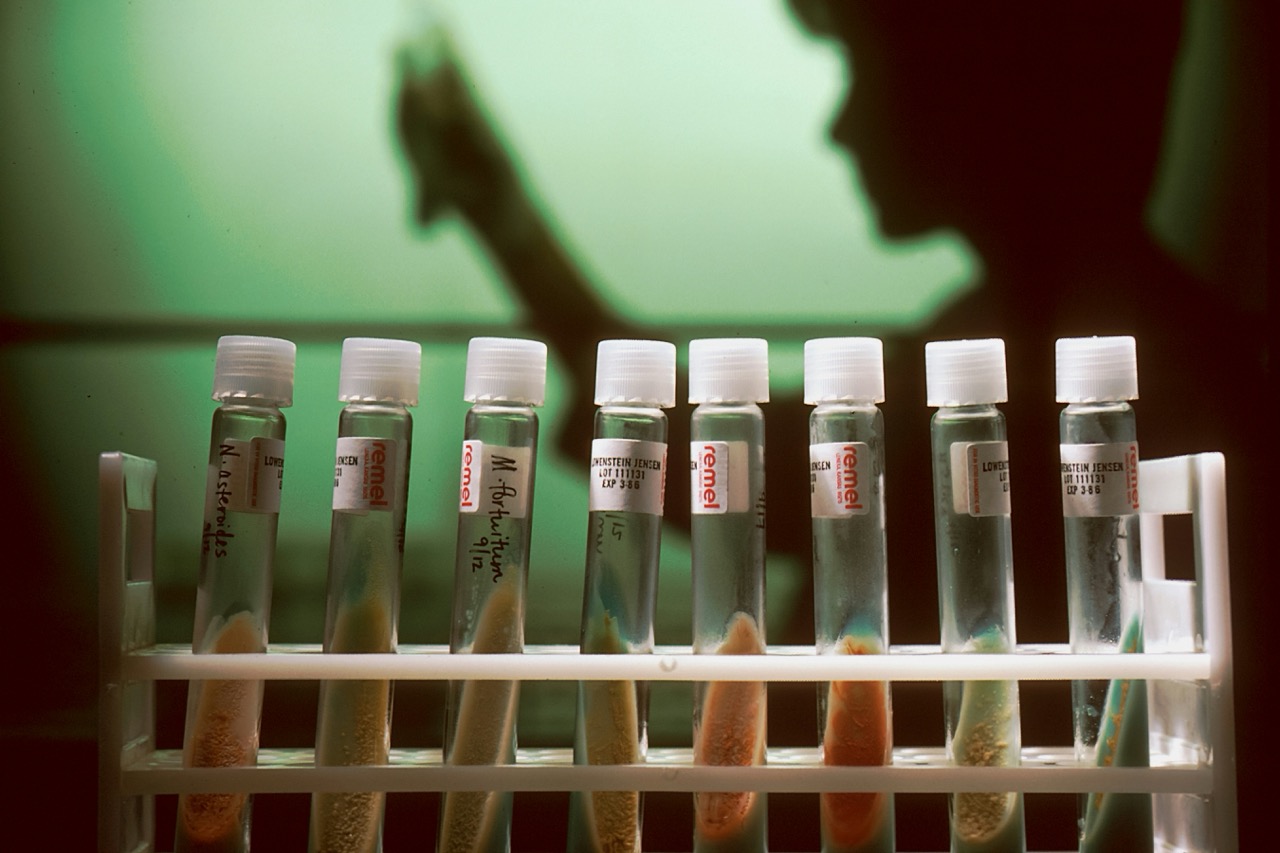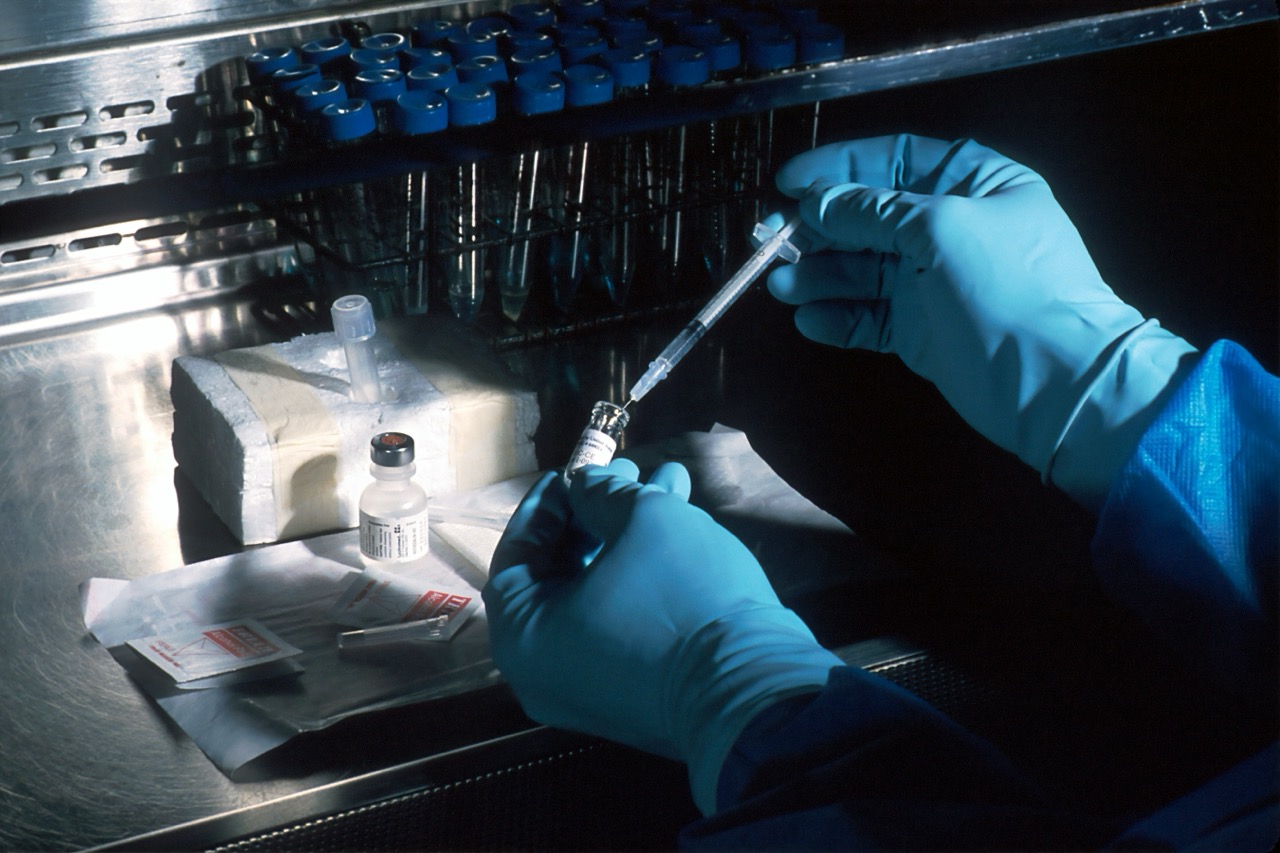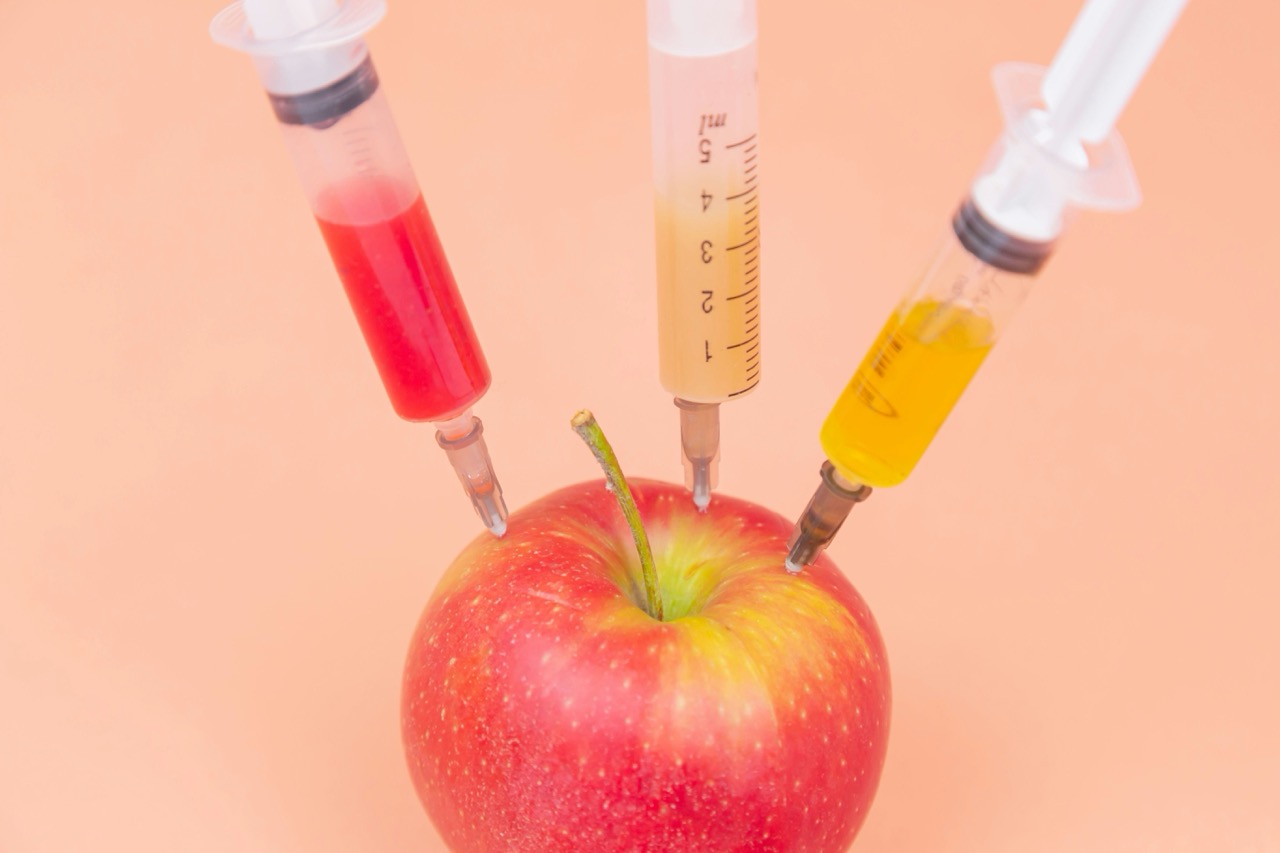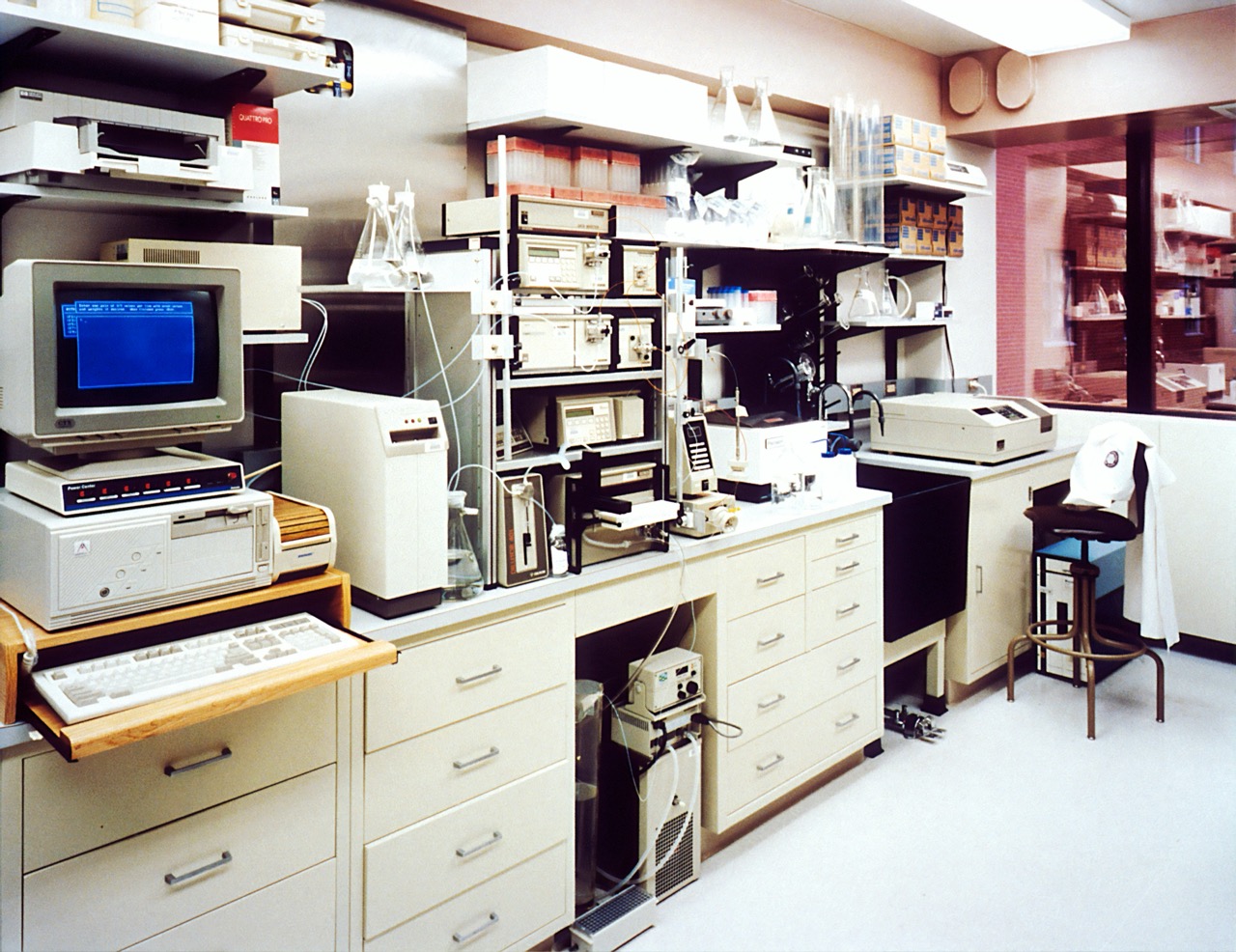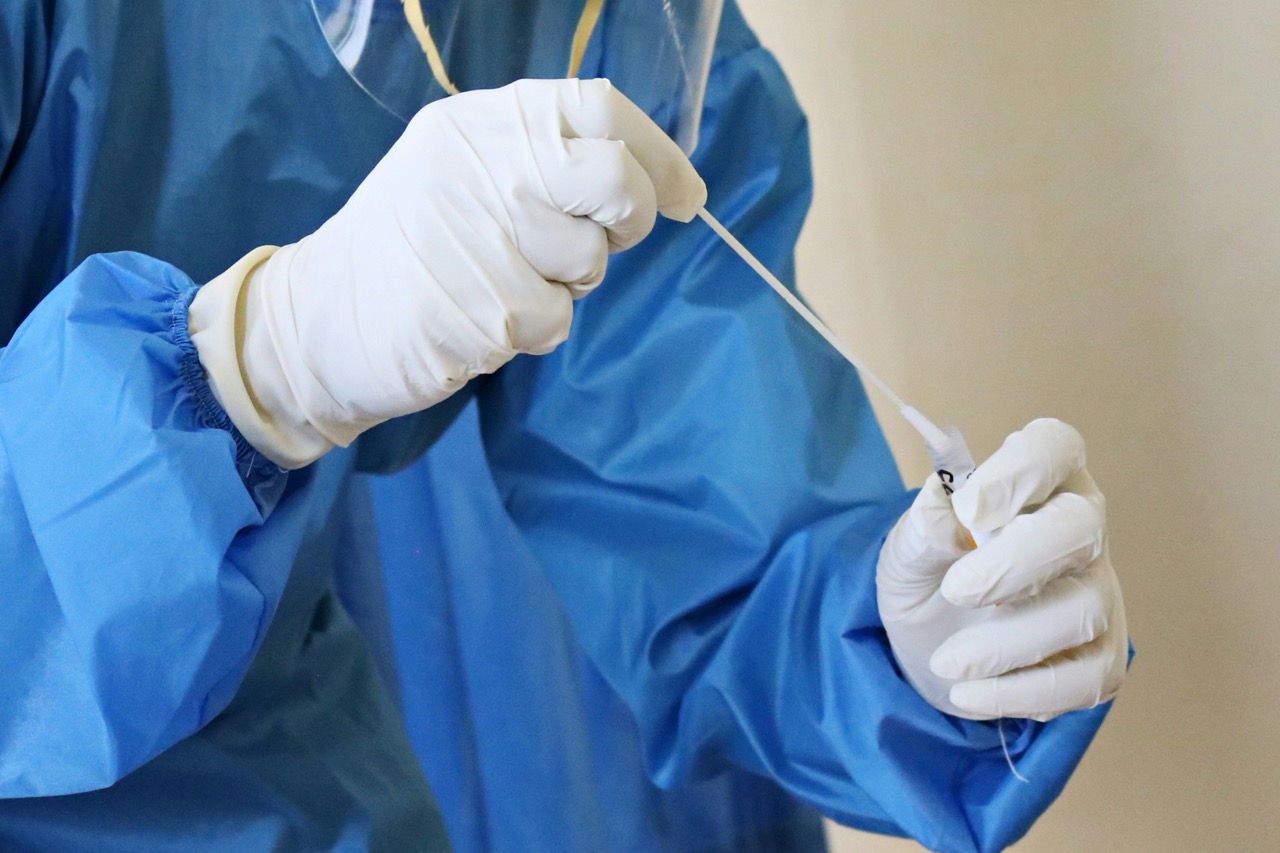Human Papillomavirus (HPV) is the most common sexually transmitted infection (STI) in the world, with millions of new infections occurring each year. As teenagers approach the age of sexual responsibility, educating them about HPV is crucial for their health and well-being. This article aims to provide parents with guidance on how to discuss HPV with their teenagers, ensuring that they understand the virus, the importance of open communication, and the benefits of vaccination.
Understanding HPV: What Teens Need to Know
Human Papillomavirus (HPV) encompasses a group of over 200 related viruses, some of which are categorized as high-risk due to their potential to cause cancers, including cervical, anal, and oropharyngeal cancers. Most HPV infections are asymptomatic and resolve on their own, but persistent infections with high-risk types can lead to serious health issues. It is essential for teens to understand that while HPV is prevalent, it is also manageable and preventable.
Teens should be made aware that HPV is primarily transmitted through intimate skin-to-skin contact, which can occur during sexual activity, including vaginal, anal, and oral sex. Emphasizing the mode of transmission is important, as it helps them grasp the significance of practicing safe sex and maintaining open dialogue with partners about sexual health. Recognizing that HPV is a common virus can also help alleviate feelings of shame or stigma associated with being a sexually active teenager.
It is also crucial to highlight that HPV can affect anyone who is sexually active, regardless of gender or sexual orientation. By framing the conversation in an inclusive manner, parents can ensure that all teens feel acknowledged and informed. Providing factual information about HPV can empower teenagers to make educated decisions regarding their sexual health and relationships.
The Importance of Open Communication About HPV
Establishing open lines of communication about HPV and sexual health is vital for fostering trust between parents and teenagers. When parents approach the topic in a non-judgmental and supportive manner, it encourages teens to feel comfortable discussing their questions and concerns. This open dialogue can help dispel fears and misconceptions, and ultimately lead to more informed and responsible decision-making.
Creating a safe space for conversations about HPV involves active listening. Parents should encourage their teens to express their thoughts and feelings on the topic, validating their concerns without dismissing them. This two-way communication not only builds trust but also allows parents to gauge their teenagers’ understanding and knowledge of HPV, enabling them to provide tailored information.
Moreover, discussing HPV openly can serve as a springboard for broader conversations about healthy relationships, consent, and sexual health. By addressing these interconnected subjects, parents can equip their teens with the knowledge and skills needed to navigate their sexual lives responsibly, paving the way for healthier choices in the future.
Addressing Common Myths and Misconceptions About HPV
There are numerous myths surrounding HPV that can create confusion and fear among teenagers. One common misconception is that HPV is only a concern for those who are sexually promiscuous. In reality, HPV can infect anyone who has ever been sexually active. It is essential to clarify that while some individuals may have multiple partners, even those in monogamous relationships are at risk if their partner has been exposed to the virus.
Another prevalent myth is that HPV is synonymous with cancer. While certain high-risk strains of HPV can lead to cancer, the majority of HPV infections are harmless and resolve without health complications. Parents should emphasize that most sexually active individuals will contract HPV at some point in their lives, but the virus often clears on its own without causing any serious health problems. This information can help reduce anxiety and stigma surrounding the virus.
Lastly, some teenagers may believe that only women need to be concerned about HPV due to its association with cervical cancer. It is important to educate both boys and girls that HPV can also cause cancers in males, such as anal and throat cancers, and that they too can transmit the virus. By debunking these myths, parents can help ensure that their teenagers have a well-rounded understanding of HPV and its implications for their health.
Navigating HPV Vaccination: A Guide for Parents and Teens
The HPV vaccine is a crucial tool in preventing HPV-related cancers and is recommended for preteens and teenagers, ideally between the ages of 11 and 12. This timing allows for vaccination before the onset of sexual activity, maximizing its protective benefits. Parents should familiarize themselves with the vaccine schedule, which typically involves two to three doses depending on the age at which the individual starts the vaccination series.
When discussing the HPV vaccine with teenagers, it is essential to address any concerns they may have, such as side effects or misconceptions about the vaccine’s necessity. Parents should emphasize that the HPV vaccine is safe and effective, significantly reducing the risk of developing HPV-related cancers later in life. Providing factual information and encouraging questions can help ease apprehensions and facilitate informed decision-making.
Additionally, parents should consider consulting healthcare providers to obtain personalized advice regarding the vaccine. This discussion can include reviewing medical histories, potential allergies, and any specific concerns that may arise. By actively involving their teens in this process, parents can foster a sense of responsibility and autonomy in their health decisions, enhancing their overall understanding of the importance of vaccination in preventing HPV.
Educating teenagers about HPV is a vital part of their sexual health education and can empower them to make informed choices. By understanding what HPV is, maintaining open lines of communication, addressing myths, and navigating the vaccination process, parents can play a significant role in fostering their teens’ health and well-being. Engaging in these conversations now can lead to lifelong benefits, reducing the risk of HPV-related health issues in the future and promoting a culture of informed and responsible sexual health practices.

